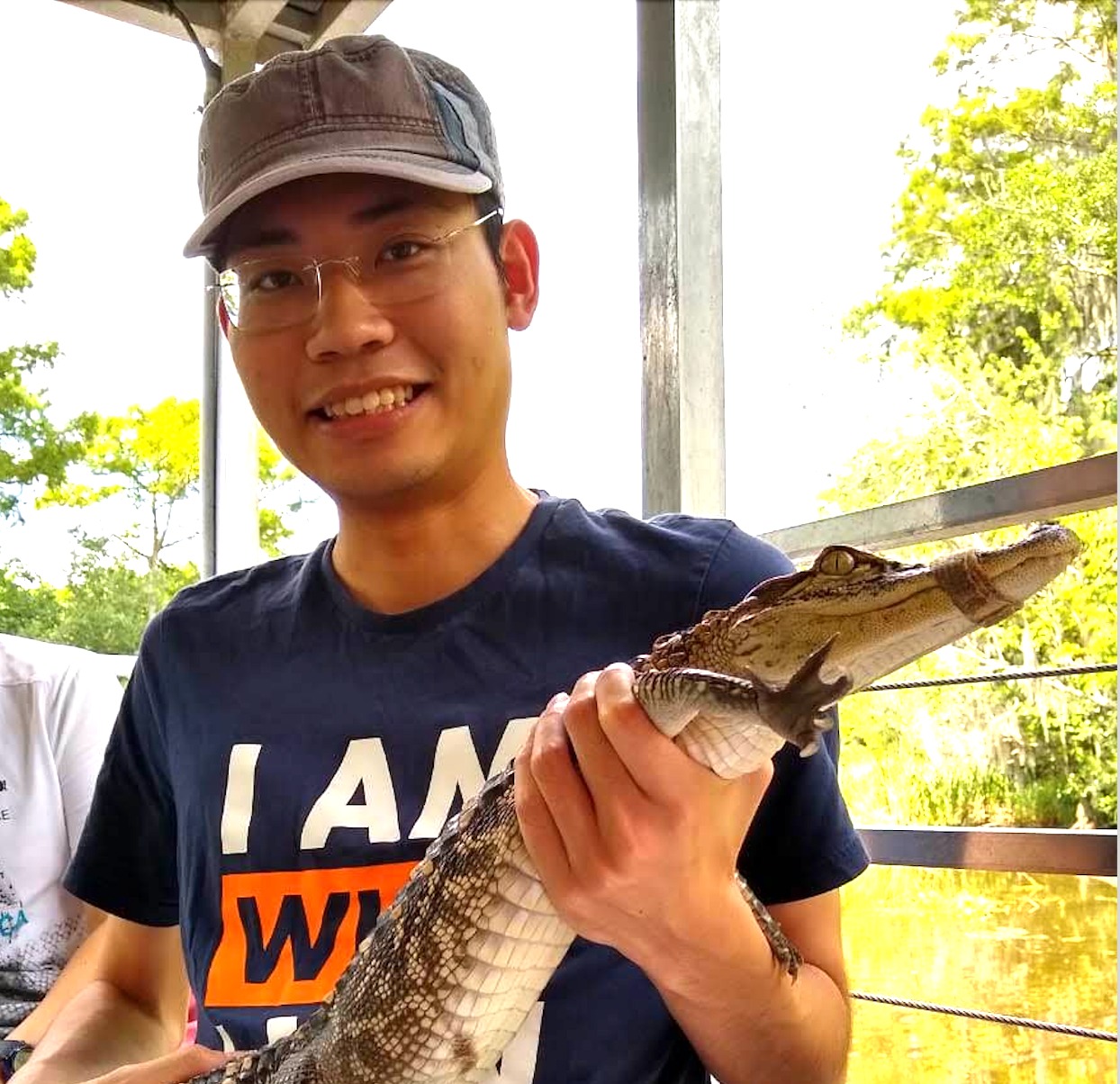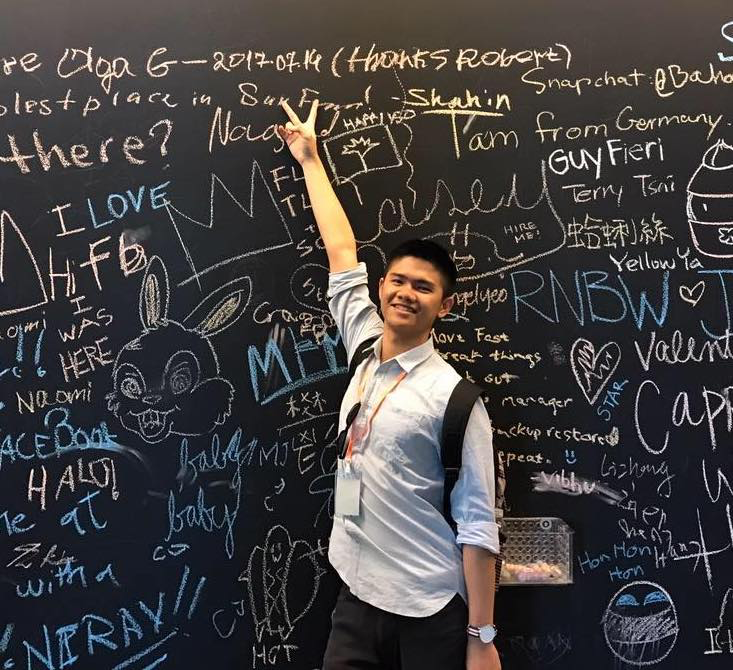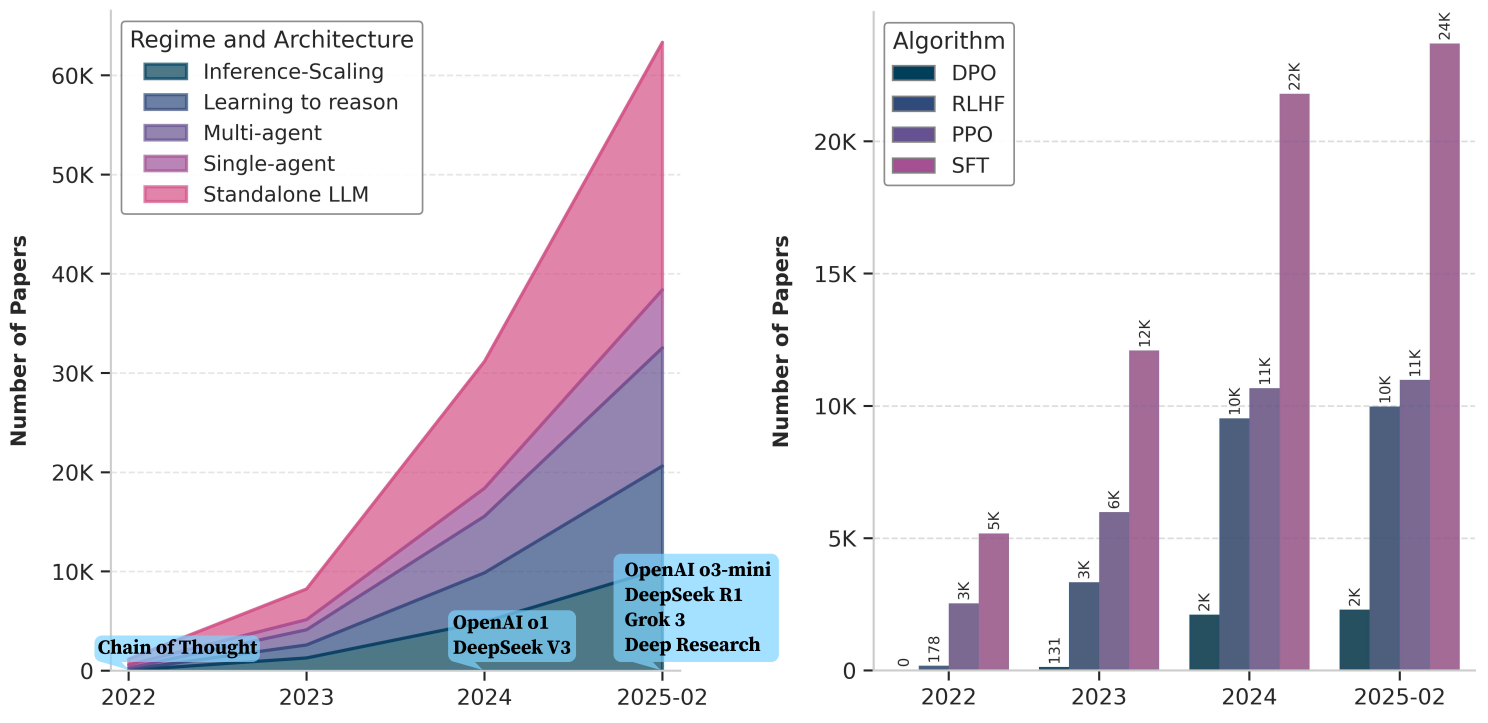A Survey of Frontiers in LLM Reasoning: Inference Scaling, Learning to Reason, and Agentic Systems
 Zixuan Ke1
Zixuan Ke1
|
 Fangkai Jiao3,4
Fangkai Jiao3,4
|
 Yifei Ming1
Yifei Ming1
|
 Xuan-Phi Nguyen1
Xuan-Phi Nguyen1
|
 Austin Xu1
Austin Xu1
|
 Do Xuan Long2,4
Do Xuan Long2,4
|
 Minzhi Li2,4
Minzhi Li2,4
|
 Chengwei Qin3
Chengwei Qin3
|
 Peifeng Wang1
Peifeng Wang1
|
 Silvio Savarese1
Silvio Savarese1
|
 Caiming Xiong1
Caiming Xiong1
|
 Shafiq Joty1,3
Shafiq Joty1,3
|
1Salesforce AI Research
2National University of Singapore
3Nanyang Technological University
4A*STAR, Singapore


